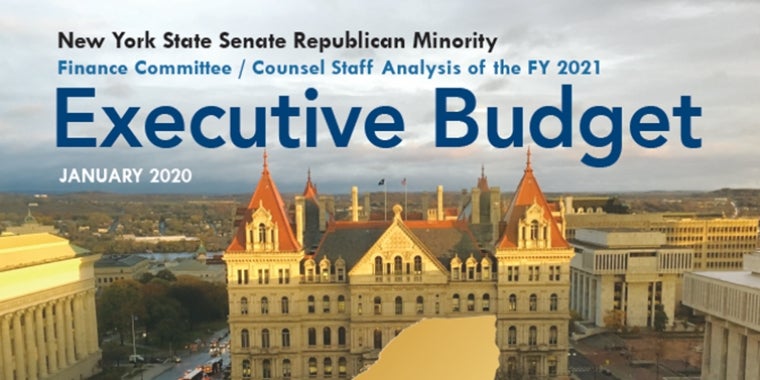
Proper Protection Needed Before Drilling
James L. Seward
December 10, 2009
The clock is ticking on the public comment period for those interested in registering their thoughts on revised natural gas drilling regulations. The topic has understandably generated a great deal of interest as the regulations will likely govern potential drilling in the Marcellus Shale formation for the foreseeable future.
The Marcellus Shale is one of the largest natural gas fields in North America and could provide a multi-billion dollar economic boost for the areas in and surrounding the Marcellus Shale formation. The financial benefits associated with natural gas drilling in the Marcellus Shale could be enormous. In addition, the benefits from an energy supply perspective are also important.
Skyrocketing fuel prices have clearly demonstrated our need to reduce our dependence on foreign oil. Reducing consumption, increasing our use of renewable energy and alternative fuels, and increasing exploration will all help to further this goal. In my view, we are buying too much oil from people who don’t like us very much, and that domestic sources, safely extracted, can play a role in our energy independence and in reducing home heating costs for families
When the Department of Environmental Conservation (DEC) issued the draft Supplemental Generic Environmental Impact Statement (SGEIS) for natural gas drilling applications the deadline to comment was announced as November 30. I immediately called for an extension of the deadline to allow property owners and local governments ample time to review the document. After all, the proposed regulations are more than 800 pages in length and encompass extremely technical information, certainly extra time is warranted. The DEC agreed and extended the public comment period on the draft SGEIS until the end of the year.
Certainly one of the items individuals have expressed concern about in regard to natural gas drilling is water supply protection. Many people have expressed their feelings on this particular item and I too feel we must ensure that one of our most precious and essential resources is properly safeguarded. To that end, I am co-sponsoring legislation that would hold drilling companies accountable for any damage to our water supply.
While gas exploration has not historically damaged well water in New York, it makes perfect sense to demonstrate vigilance in this matter and convey that feeling to potential drilling companies. Senate bill 6269 would help act as protection allowing the commissioner of the DEC to require any permit holder who is authorized to drill gas wells to post a bond with the state comptroller. That bond, an insurance policy of sorts, would then be available in the event of any damage to the water supply.
Proper notification of local governments is another item which must receive ample attention. If natural gas exploration is to take place within a municipality it stands to reason that local elected officials are made aware of any and all actions related to permitting and drilling. Last year I called on local governments to adopt resolutions explicitly requesting inclusion in the DEC’s permitting process. Many signed on and I am pleased to say that the supplemental GEIS produced by the DEC includes a greater role for, and notification to, local governments.
I am sure the public comments now being accepted will motivate the DEC to make additional changes before the regulations are finalized. That is why it is so vitally important to take this opportunity and make one’s feelings and concerns known. Once the final regulations are released I will remain vigilant. Should new questions arise or unexpected situations take place I will be stand ready to take additional legislative action.
The financial gains associated with natural gas drilling in the Marcellus shale could be significant. In addition, the rewards from an energy supply perspective could be life altering for generations to come. We must ensure, however, that the utmost consideration is given to protecting our environment as we move forward in capturing the benefits of this valuable natural resource.
For more information on how to submit a comment concerning the draft SGEIS go to the DEC's website.
Share this Article or Press Release
Newsroom
Go to NewsroomSeward Meets with Veterans
February 25, 2020

Analysis of 2020-21 Governor's Budget Proposal
January 29, 2020

Governor's Budget Plan Falls Short
January 21, 2020

Statement from Senator Seward
January 20, 2020
